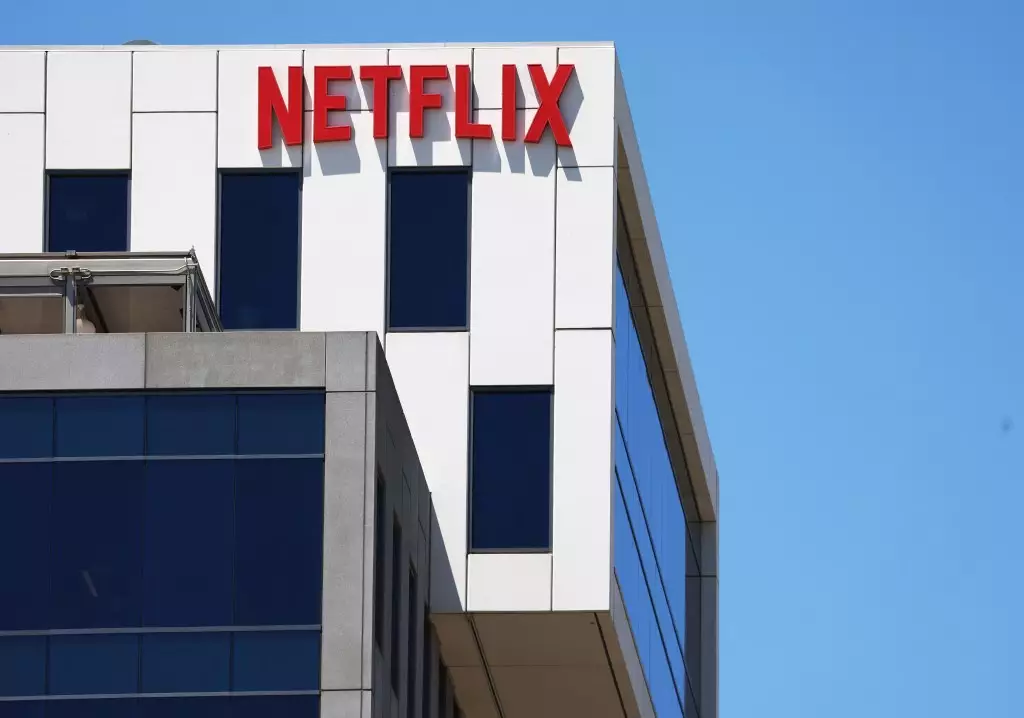The entertainment industry is currently navigating a transformative phase, particularly in how streaming services compensate their talent. In recent conversations, Netflix has emerged as a focal point of discussion, revealing potential shifts in their approach to talent remuneration. As the streaming giant prepares to host a key event for agents and managers, the implications of these changes could reverberate through Hollywood, altering the long-standing norms in talent contracts and pay structures.
The significance of the upcoming Netflix event, dubbed “Netflix Explained,” transcends the mere act of gathering industry representatives. Agents and managers from prestigious firms like WME, CAA, and UTA are anticipated to engage in discussions about the inner workings of Netflix’s business model. While the agenda does not overtly focus on the nitty-gritty of compensation strategies, insider sources suggest that transparency regarding how talent is compensated is a pressing topic. This focus aligns with the rising demand among talent for a clearer understanding of their earnings from streaming content.
This proposed push for transparency may symbolize a broader trend toward more equitable compensation practices in Hollywood. If Netflix commits to outlining its payment model—especially the transition towards performance-based rewards—it could catalyze a rethinking of how talent is valued across the industry.
Transitioning Toward Performance-Based Rewards
An intriguing potential shift under consideration by Netflix is the restructuring of talent fees, emphasizing a model that prioritizes success rather than guaranteed compensation. Reports indicate that Netflix is contemplating a reduction of upfront fees by 20-30% in exchange for enabling talent to reap larger benefits from backend earnings, contingent on the performance of the content. This model reflects an innovative approach to incentivizing creativity, wherein creators could potentially earn more based on the popularity of their projects.
However, this proposal is not without its complexities. For one, it raises questions about financial stability and risk for many talent members, particularly those who rely on upfront fees to sustain their livelihoods. The idea of trading guaranteed income for a stake in potential success may appeal to high-profile creators, but it is likely to be met with skepticism from others, particularly emerging talents who may not have the same bargaining power.
Netflix’s recent release of its engagement report further contextualizes these discussions. With over 94 billion hours of consumed content in the first half of 2024, the company’s ability to leverage viewership data provides it with unique insights into what drives successful programming. This utilization of data not only informs recruitment and promotion strategies but also shapes the way deals could be negotiated in the future.
Moreover, the transparency that Netflix has championed in sharing performance metrics may serve as a double-edged sword. While it can empower talent by placing a value on their contributions, it also puts pressure on projects to deliver measurable success. Such an approach could inadvertently stifle creative risks if artists feel compelled to adhere to narrowly defined parameters of what constitutes a “successful” project.
The Road Ahead: Balancing Risk and Reward
As Netflix explores these new compensation structures, the question remains: will they extend beyond just calculating pay based on performance? The idea of granting creators ownership of their intellectual property (IP) remains a contentious topic, with reports suggesting that this aspect is not currently up for discussion. The implications of IP ownership and the potential for creators to retain their works could fundamentally change their relationship with streaming platforms, further complicating negotiations.
In sum, the potential for a drastic shift in how talent is compensated within the Netflix framework reflects the broader evolution of Hollywood in the streaming era. This upcoming event not only signals changes for Netflix but also sets a precedent that may influence the entire entertainment ecosystem. With agents, managers, and creatives eagerly watching to see how these discussions unfold, the future of talent remuneration may be on the verge of significant transformation. As Netflix enters this “real adjustment phase,” the dialogue around compensation could herald a new paradigm in how the industry values its creative contributors.
